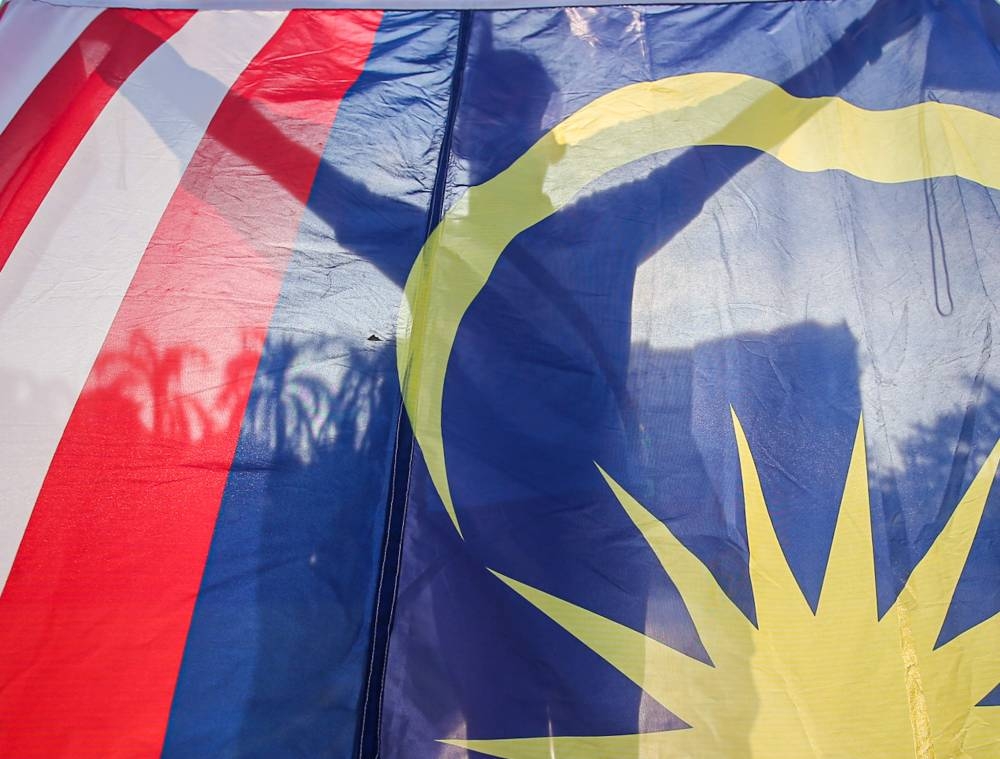DECEMBER 21 — For decades, Malaysia has been traditionally known for the voice of the developing and the Muslim world and a foreign outlook moulded by the dictate of China.
The new leadership under Prime Minister Anwar Ibrahim is unlikely to alter the status quo, as the critical economic dependence with Beijing remains the main stumbling block.
For political and regime security and the livelihoods of millions of stakeholders beholden to Beijing’s economic power, the new political elites cannot afford to risk this for the sake of appealing to the West.
Even with PM Anwar’s own personal appeal and recognition of being a reformist stature and as a darling of the West, realities on the ground and the need to secure his support and the country’s critical pursuit of economic recovery would mean that he is unable to court the West.
Out to restore the country’s image and regain trust and confidence, he has the work cut out for him but his priority on Asean and China would mean a mostly conventional approach of playing it safe and to keep Malaysia central.
With great urgency to repair the country’s tainted reputation marred by kleptocratic and corrupt perception, he has to thread a fine line again in meeting internal political needs and in breaking from China pandering.
In relying on conventional hedging against both Beijing and Washington in hoping to get the best of both worlds, Malaysia remains getting the worst deal, leaving its vulnerabilities even wider open.
Over the years, Malaysia has been far too complacent, and grown overconfident in relying on quiet and backdoor diplomacy and hedging against big powers with the hope of getting the perceived consistent returns.
It remains blinded by the idealistic belief in engaging through confidence building mechanisms and dialogue initiatives, choosing to ignore the reality and threat settings on the ground.
It continues to place hope on China’s own self-restraint, exposing vulnerability in both deterrence and willingness in dispelling Beijing’s assertive actions. Washington’s efforts to raise the critical risks involved in Malaysia’s kowtow to Beijing’s are met with greater pushback at the political level, fearing inciting Beijing’s wrath.
The military community is acutely aware of the threat setting and is welcoming Washington’s increased deterrence support, but there is little to no interest from the policymakers in deviating from its current approach. Beijing wisely capitalised on this to their advantage, further using its economic and military coercive cards in preventing Malaysia from falling into Washington’s orbit and to weaken the country’s already sorry state of deterrence capacity.
The long peace as a result of the staunch defence of the rules based order by responsible global powers has unfortunately created complacency the world over, Malaysia included, and wisely and strategically capitalised by revisionist regimes pouncing on the dwindling resonance and ideals of defending the freedom and rules-based order that have enabled and guarded the progress enjoyed today.
Malaysia has yet to grapple with the existential threat and risks of telling urgency and imminence, contributing to the complacency and comfort of depending on others’ self restraint and expected security support should a full blown security threat implode.
Malaysia has been largely at the mercy of external demands that require its acceptance of some form of adherence and quid pro quo in exchange of assurances and meeting urgent internal needs.
Options to secure greater Western security assurances are stymied by the entrenched reluctance in the political establishment and elites to jettison their so-called “independent” and “non-aligned” approach in their arguments of keeping Malaysia safe and secure through non-affiliation with either big power’s agenda.
Yet, the country is comfortable enough to be sliding deeper under China’s orbit of influence and grip, hoping that this adherence to Chinese interests will invite expected self restraint from Beijing, and all at the same time hoping to play its card well to invite the same security assurances from the US and the West as well.
This misguided approach will see the country losing both, at its own long term strategic and security expense.
It masks Malaysia’s real potential and tools of future cultivation, entraps its chips and cards and freezes its options to independently secure its long-term interests.

It remains afraid to take the regional lead in creating effective and bold security deterrence measures and in inking defence treaties and partnerships with the West that are expansive and regional in nature, on the basis of preserving regional stability and avoiding escalatory security dilemma and arms race.
The inevitability of seeing China as the most fearsome regional neighbour that it cannot risk its ties, lest inviting unavoidable repercussions, provides a stagnating and fast declining security interests of continuing the approach of playing by the best of both worlds.
Unable to sacrifice for the long term returns of playing to the often difficult but fruitful returns of the moral high road of values and rules, Malaysia continues to chart its course based on limited short projections of current needs.
Unless it receives a similar support system that can match or outnumber Beijing’s offer, Malaysia faces no options but to continue to be a satellite state under Beijing despite the West’s best efforts, until it finally finds the moral card in reorienting its policy approach.
This is the personal opinion of the writer or publication and does not necessarily represent the views of Malay Mail.





















